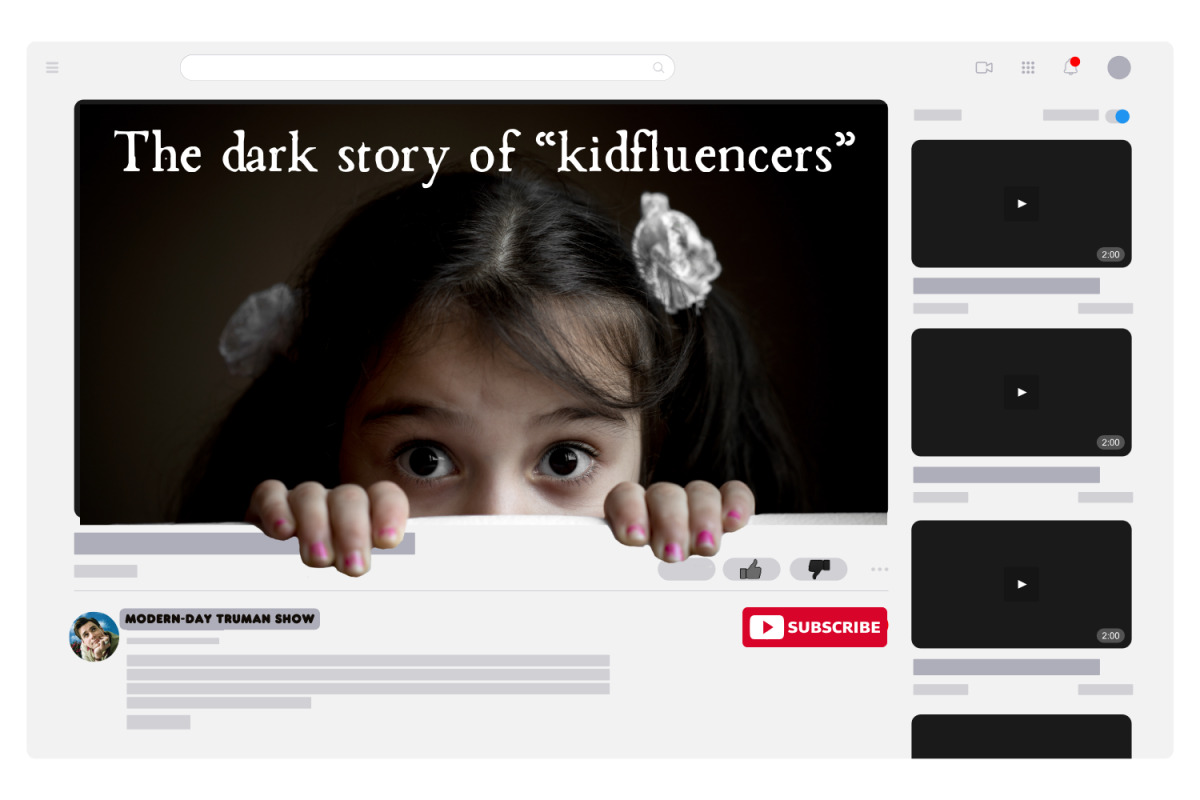“In case I don’t see ya, good afternoon, good evening, and good night!” – “The Truman Show”
On the surface, your life seems perfect – you have a doting spouse, a loyal best friend and a stable job in the nice, quiet town of Seahaven – but everything feels hollow. You lost your father in a mysterious accident several years ago, your marriage is completely passionless and every single person around you constantly cautions you against the world outside Seahaven.
That’s when you find out that every single person in your life is an actor, and your life is a television show being broadcast to millions of fans around the world. Everything you thought you knew about the world, it turns out, was a lie.
This is the plot behind the 1998 psychological comedy-drama “The Truman Show,” a movie which received critical acclaim and viewership around the world. The movie follows Truman Burbank, an ordinary man who is not aware that he was raised on a live TV set all his life. His every thought, move and emotion has been recorded for the world to watch.
These days, the Truman Show is more than just an interesting ‘90s movie. The issues it raises about privacy and free will carry eerie similarities to the family vlogging scandals that are making headlines. The implications of family vlogging for vulnerable children need to be realized and addressed before it is too late.
According to a Jurimetrics Journal article published in spring 2024, family vlogs are “a popular genre of online videos that document the daily lives of families, often featuring the family’s children as main characters.” Since this a relatively new area of content creation, the genre raises “significant legal questions regarding the welfare and privacy rights of children.”
In 2023, a family vlogger named Ruby Franke, who has six children and previously ran a YouTube channel called 8 Passengers, was sentenced to prison after pleading guilty for aggravated child abuse. According to the plea agreement, Franke’s son was tortured, starved of food and water, and forced to do outside labor while standing in the sun for so long that he suffered “repeated and serious sunburns.” When he tried to escape, he was physically restrained, resulting in further serious injury. One day, he finally escaped through a window, running to his neighbor’s house and telling them he had been abused. Franke and her business partner and life coach, Jodi Hildebrandt, were finally arrested Aug. 30, 2023.
Last fall, Franke’s daughter, Shari, spoke during a Utah Senate committee hearing, sharing these chilling words: “There is no such thing as a moral or ethical family vlogger.” However, the Frankes are far from the only family vloggers recently caught in a web of concerning allegations.
“Bad Influence: The Dark Side of Kidfluencing” is a docu-series which premiered on Netflix on April 9 and explores the dark stories of kid vloggers like Piper Rockelle, a 17-year-old whose mother, Tiffany Smith, propelled her channel to success along with several other kid influencers who were featured on the channel, known collectively as “The Squad.” The series reveals many stories of alleged exploitation, manipulation and abuse that Smith inflicted on Rockelle and the “Squad.”
For kids like Rockelle who grew up online, with some of her first videos coming from 2016 when she was only eight years old, their curated realities are very similar to Truman’s fabricated life in that the cameras are always rolling. According to Professor John Oates, a senior lecturer in the Child and Youth Studies Group at the Open University, making your children into celebrities could lead to “simple emotional distress,” “harm to self-esteem, and a loss of a sense of autonomy.” By working what is essentially a full-time job, children could experience serious mental fatigue leading to “an increase in a child’s generalised anxiety level.”
These children could not possibly have been old enough to choose these careers for themselves, and until very recently, virtually no legislation existed to help make sure kid influencers’ physical wellbeing, personal interests and finances were protected. After all, current federal labor laws in the United States do not extend to content creation.
In response to growing concerns over child exploitation in family vlogging, individual states like Illinois, Minnesota and California have passed legislation which requires parents to set aside earnings from content featuring their children. These laws help regulate family vlogging as a type of child labor, and other states such as Washington and Utah are beginning to consider similar legislation. However, there is a long way to go in the rest of the 50 states.
At the end of “The Truman Show,” Truman finally escapes from his fake reality. Even though he does not know what lies beyond Seahaven, he takes a risk in order to bring himself justice and closure. Similarly, in January 2022, Smith was sued for $22 million by 11 former members from Rockelle’s “Squad.” They accused Rockelle’s mother of violating California’s child labor laws, failing to compensate them fairly, and even of sexual misconduct.
The family vloggers themselves may have started this issue, but audiences are encouraging it to continue. Every click, like, and subscribe sends the message that a child’s entire life can be broadcast purely for our entertainment. But at what cost?
*Editor’s note: Snigdha Shenoy is a student writer. All views expressed in the commentary are her own and are independent of the district, Rouse High School and the publication.


